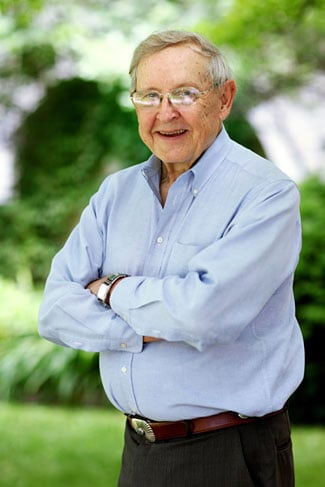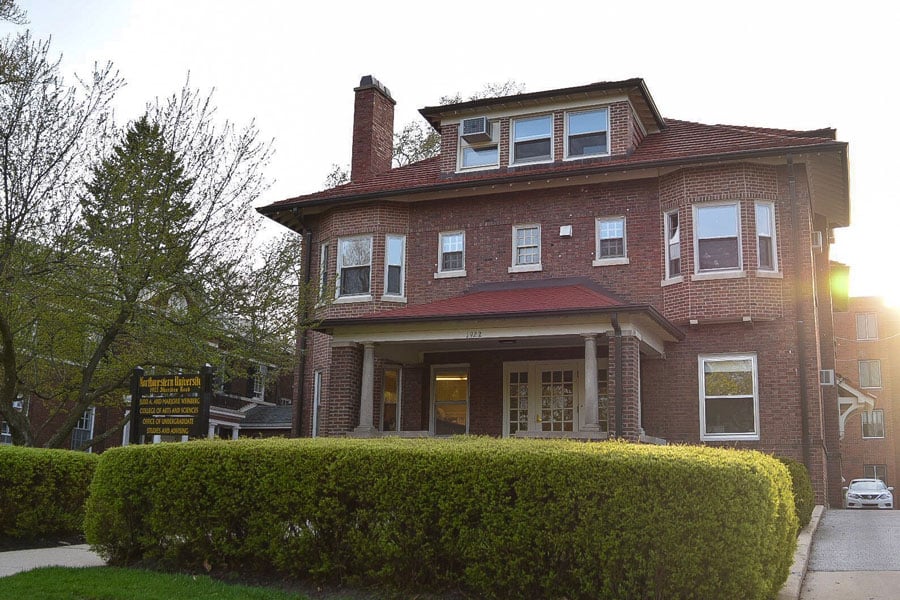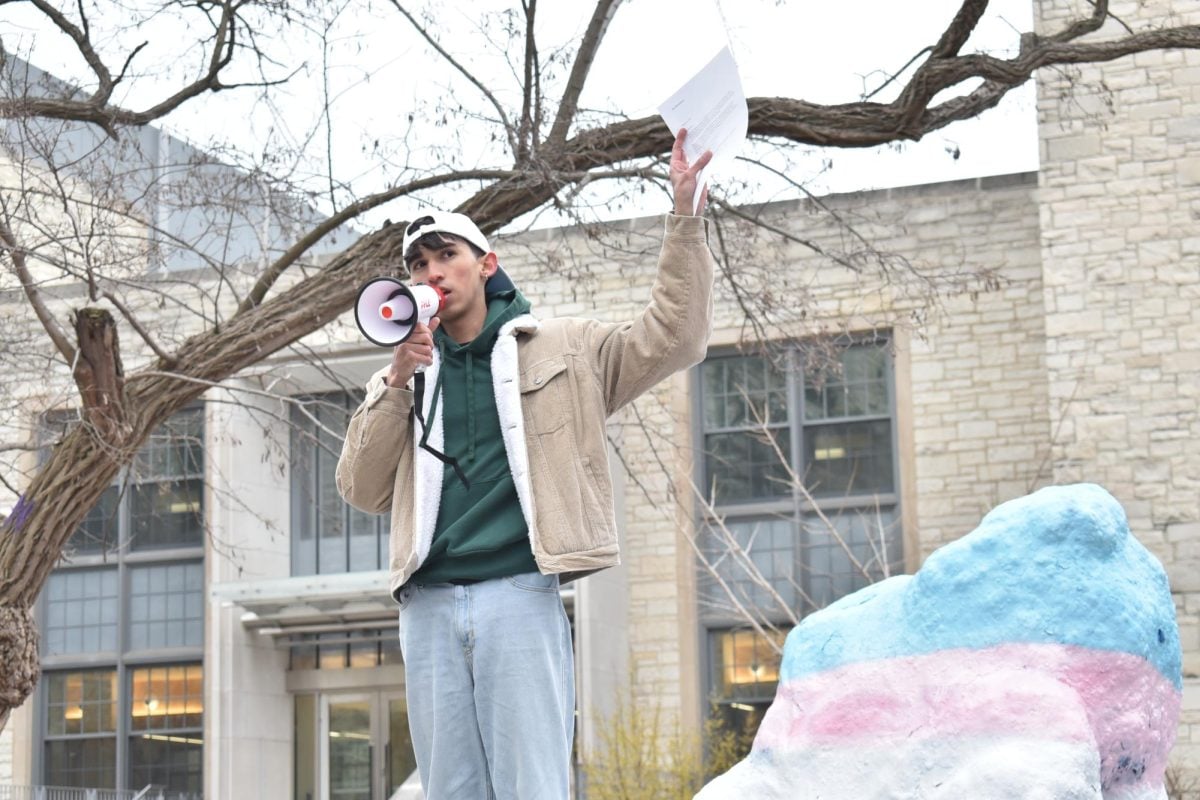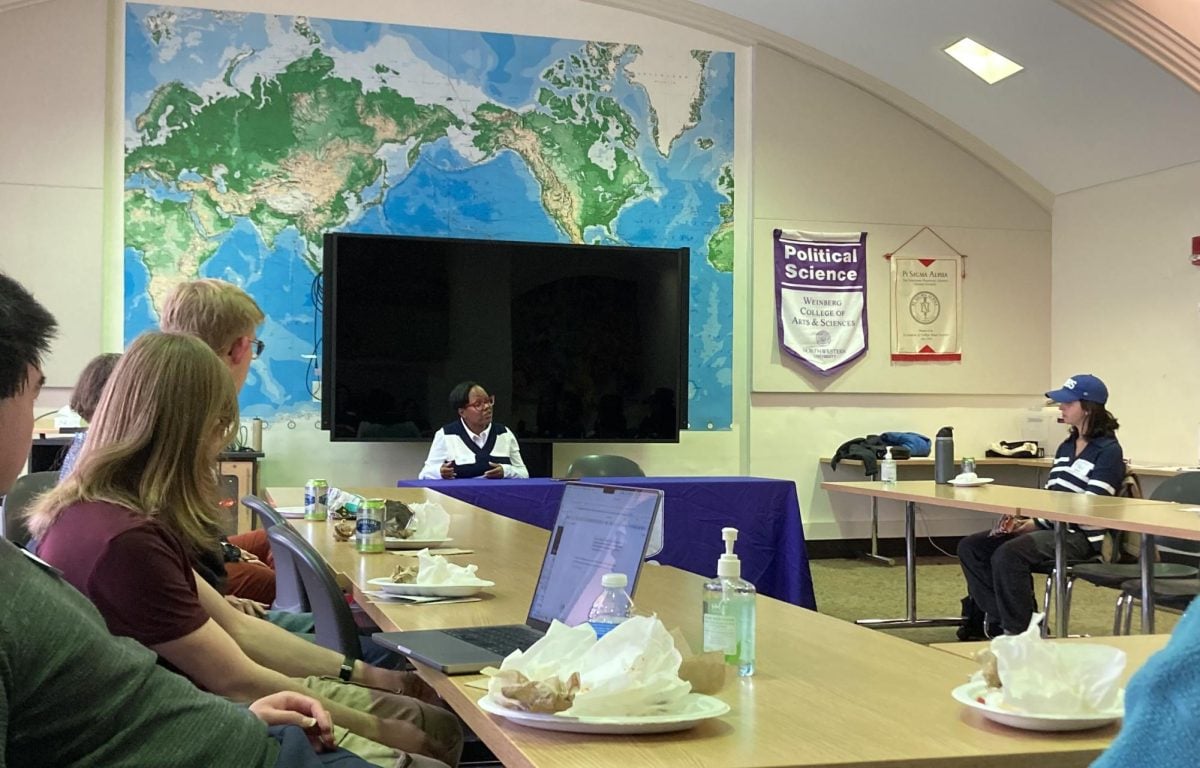
Northwestern political science professor emeritus, environment aficionado and Native American studies scholar H. Paul Friesema was fittingly clad in his signature shoes until the end of his life.
“He had a wonderful pair of western boots and he died with his boots on,” said his longtime advisee and colleague Paul Culhane (Graduate School ’70, Graduate School ’77).
Friesema died Friday at the age of 77. A memorial service was held Tuesday at Northminster Presbyterian Church in Evanston.
Though he was “theoretically retired,” he was still actively working at the NU until an emergency heart surgery and hospitalization sidelined him last month, Culhane said.
Friesema’s daughter, Sarah Friesema, said her father, who started teaching at NU in 1968, was “instrumental” in starting the university’s Program in Environmental Policy and Culture. She also called him an “avid book collector,” saying he possessed about 35,000 volumes of material on Native American art and culture that looked at western expansion and debate surrounding development on their lands. He donated the collection to the Smithsonian Institution’s National Museum of the American Indian, Sarah Friesema said.
“He really did things the way he wanted to do them,” she said. “He always studied exactly what he wanted to study and what interested him.”
Culhane, a former political science professor at NU who wrote his thesis under Friesema’s guidance as an undergraduate, said the late professor studied forestry at Michigan State University and then started the Public Lands Project, at what is now NU’s Institute for Policy Research. In 1980, Friesema was hired as the policy director for The Institute of Ecology in Indianapolis, Culhane said. Culhane, who is currently advising the thesis of a NU graduate student, joined him at the Institute. After it lost funding, the two returned to NU in 1981, where they co-authored several environmental impact studies.
Friesema’s legacy at NU lives on through the H. Paul Friesema Award for Environmental Leadership and Academic Achievement given annually since his retirement in 2009 to a student in the EPC program. He also created the Northwestern Environmental Field School, which placed students on research programs at various national parks.
Dylan Lewis (Communication ’11) participated in this program at Glacier National Park in Montana and was one of the students to receive the award in Friesema’s name in 2011. He completed his thesis on national park volunteerism under Friesema’s guidance and is presenting the research this week.
“Prof. Friesema was one of the driving forces of environmental studies at Northwestern and he really can be credited to a large degree for infusing an immense amount of passion into (it),” Lewis said.
Lewis added that Friesema lobbied the federal government to have NU’s library become a repository for environmental impact statements, which are documents required by the National Environmental Policy Act that describe the environmental ramifications of a suggested action. NU’s Transporation Library current holds one of the largest collections of EIS’s, according to the U.S. Army Environmental Command.
In addition to his professional accomplishments, Friesema made time for students and the community, Sarah Friesema said. She said he helped financially disadvantaged kids get involved with hockey and served as a mentor for his students, thus “influencing a lot of young people.”
Culhane said he often sought advice from Friesema, adding that Friesema encouraged him to keep a stray dog that he said was “right up there at the top of the Paul’s Best Advice list.” The last time Culhane saw Friesema in person in mid-January, he gave him advice and referred him to someone who helped with the appraisal of his book collection.
“He was a very good scholar, and he was a wonderful — capital ‘W’— wonderful adviser, not just to me but to the other undergraduate students at Northwestern,” Culhane said.












